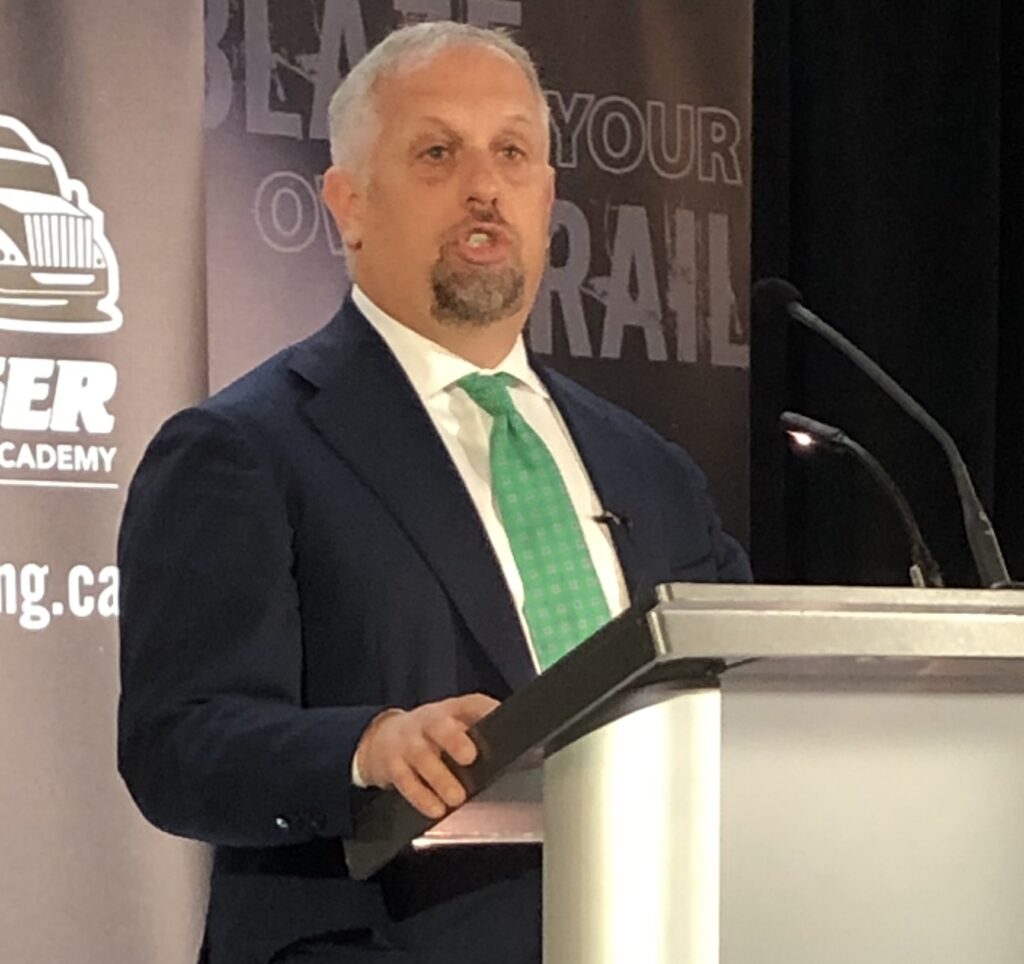Industry welcomes proposed enhancements to roadside enforcement, driver training
Ontario’s Minister of Transportation Prabmeet Sarkaria introduced the new Safer Roads and Communities Act that, if passed, would grant additional powers to Ontario Ministry of Transportation (MTO) enforcement officers and initiate a comprehensive review of commercial driver training.
The bill includes provisions for officers to exceed posted speed limits for enforcement purposes, compel trucks and commercial vehicles to pull over and confiscate fraudulent or suspended driver’s licenses. Additionally, the government will lead a comprehensive review of commercial driving training and hold province-wide stakeholder roundtables to seek industry and public feedback on measures to improve road safety.
“While Ontario has some of the safest roads in North America, one in three fatalities is caused by impaired driving and one in five involves large trucks,” Sarkaria said in an announcement. “That is why our government is introducing tough new legislation that will target road users who engage in reckless behavior, including driving while under the influence of drugs or alcohol, stunt driving and auto theft.”
OTA, PTTAC favor the news
Stephen Laskowski, Ontario Trucking Association’s (OTA) president, said in a news release that the association applauds the government for the changes and for launching industry discussions to identify safety gaps and create improvements.
“We feel the proposals to provide officers more authority are necessary and are welcomed by OTA,” added Geoff Wood, OTA’s senior vice-president of policy. “We will also be working with ministry officials to ensure that information sharing and joint operations between MTO and officials from the Minister of Labor, Immigration, Training and Skills Development and other agencies can be enhanced at the roadside as part of this bill to further protect workers’ rights, ensure compliance with the Workplace Safety and Insurance Act requirements, detect and root out any incidents of forced labor and ensure all trucking operations are in compliance with their employer health and fuel tax commitments.”
OTA chairman James Steed said that it is time to rethink how commercial driver training and licensing are addressed in Ontario.
“Licensing and training must reflect the safety and vocational standards required to operate a truck. OTA will be providing input that reflects this direction during MTO’s consultations,” he said in a release. “We need to advance training in the truck driving profession to ensure our sector is eligible for funding that is afforded to other key sectors of the economy when they are training and preparing their labor forces.”
Jim Campbell, chairman of the Professional Truck Training Alliance of Canada (PTTAC), says this act aligns with the alliance’s mandate and key objectives: addressing oversight of training facilities and to harmonize regulation and compliance for all schools across the country.
“Our Ontario members, many [of] who have been around for decades and have produced tens of thousands of entry-level commercial drivers, want to see better and stricter enforcement of commercial driver training facilities. This is not only an Ontario problem, but regulation and enforcement also needs to be improved across Canada,” said Campbell.

Have your say
This is a moderated forum. Comments will no longer be published unless they are accompanied by a first and last name and a verifiable email address. (Today's Trucking will not publish or share the email address.) Profane language and content deemed to be libelous, racist, or threatening in nature will not be published under any circumstances.